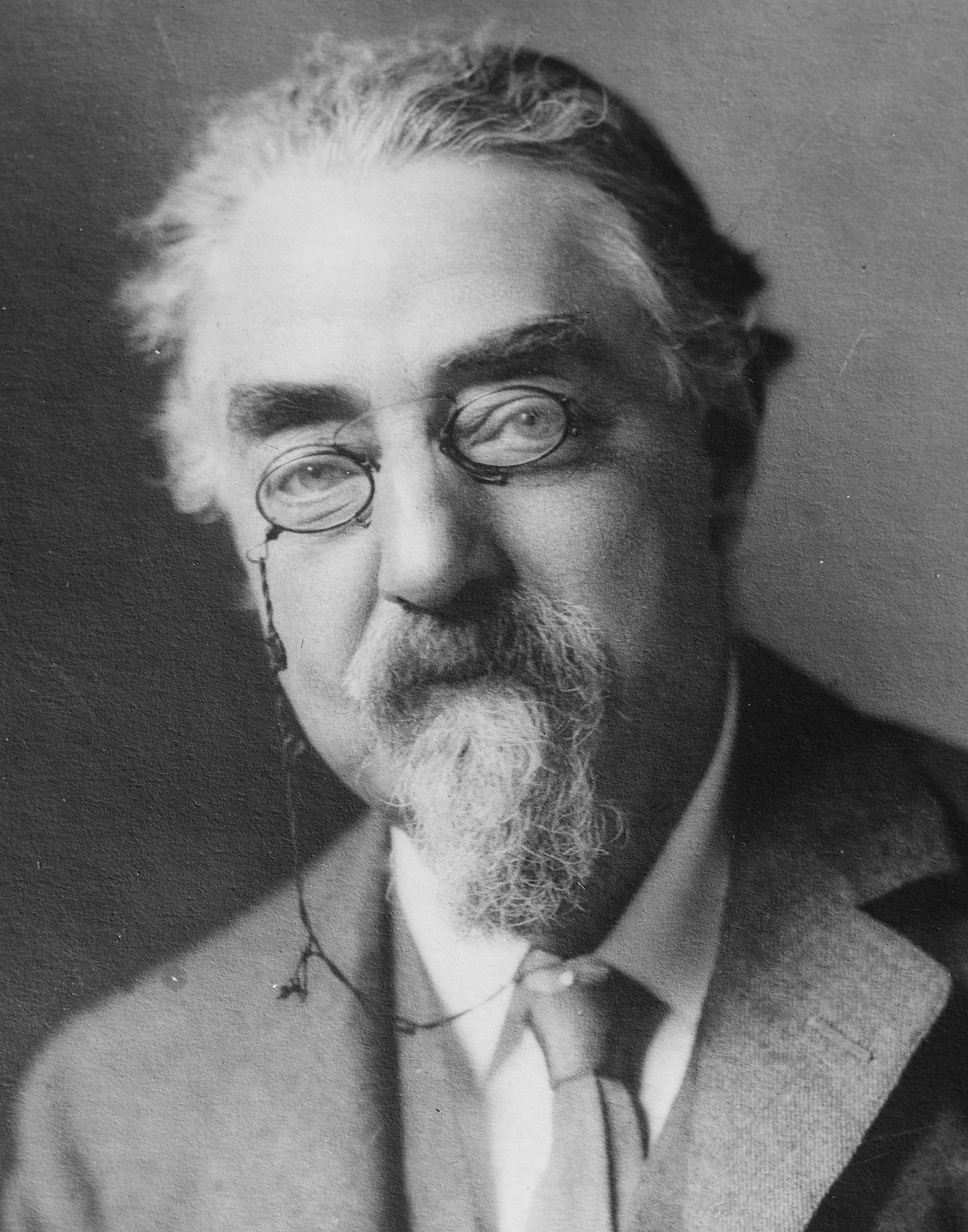Seaham (UK Parliament Constituency) on:
[Wikipedia]
[Google]
[Amazon]
Seaham was a parliamentary constituency, in existence between 1918 and 1950, of the


House of Commons
The House of Commons is the name for the elected lower house of the Bicameralism, bicameral parliaments of the United Kingdom and Canada. In both of these countries, the Commons holds much more legislative power than the nominally upper house of ...
of the Parliament of the United Kingdom
The Parliament of the United Kingdom of Great Britain and Northern Ireland is the supreme legislative body of the United Kingdom, and may also legislate for the Crown Dependencies and the British Overseas Territories. It meets at the Palace ...
. It elected one Member of Parliament (MP) by the first past the post
First-past-the-post (FPTP)—also called choose-one, first-preference plurality (FPP), or simply plurality—is a single-winner voting rule. Voters mark one candidate as their favorite, or First-preference votes, first-preference, and the cand ...
system of election.
History
Seaham was created under theRepresentation of the People Act 1918
The Representation of the People Act 1918 ( 7 & 8 Geo. 5. c. 64) was an act of Parliament passed to reform the electoral system in Great Britain and Ireland. It is sometimes known as the Fourth Reform Act. The act extended the franchise in pa ...
for the 1918 general election, comprising northern parts of the abolished South Eastern Division of Durham. The town of Seaham
Seaham ( ) is a seaside town in County Durham (district), County Durham, England. Located on the Durham Coast, Seaham is situated south of Sunderland and east of Durham, England, Durham. The town grew from the late 19th century onwards as ...
itself was transferred from Houghton-le-Spring.
It was abolished for the 1950 general election under the Representation of the People Act 1948
The Representation of the People Act 1948 ( 11 & 12 Geo. 6. c. 65) was an act of the Parliament of the United Kingdom that altered the law relating to parliamentary and local elections. It is noteworthy for abolishing plural voting for parlia ...
, with the bulk of its area moved into the new constituency of Easington. The expanded Urban District of Seaham Harbour (now incorporating Seaham) was transferred back to Houghton-le-Spring.
Boundaries
* The Urban District of Seaham Harbour; and * the Rural District of Easington.Political history
The history of this constituency, which incorporated a lot of the mining area of the eastern part ofCounty Durham
County Durham, officially simply Durham, is a ceremonial county in North East England.UK General Acts 1997 c. 23Lieutenancies Act 1997 Schedule 1(3). From legislation.gov.uk, retrieved 6 April 2022. The county borders Northumberland and Tyne an ...
around Seaham
Seaham ( ) is a seaside town in County Durham (district), County Durham, England. Located on the Durham Coast, Seaham is situated south of Sunderland and east of Durham, England, Durham. The town grew from the late 19th century onwards as ...
, is of strong Labour Party support.
In the so-called " coupon election" of 1918, Major Evan Hayward was issued a Coalition 'coupon'. However, he repudiated the 'coupon' and stood as a Liberal and was elected. At the following general election, in 1922, Sidney Webb
Sidney James Webb, 1st Baron Passfield, (13 July 1859 – 13 October 1947) was a British socialist, economist and reformer, who co-founded the London School of Economics. He was an early member of the Fabian Society in 1884, joining, like Geo ...
, an early socialist and author of the Labour Party's then-new constitution, was returned. Webb was easily re-elected in 1923 and 1924. He was subsequently raised to the peerage; his successor as parliamentary candidate was Ramsay MacDonald
James Ramsay MacDonald (; 12 October 18669 November 1937) was a British statesman and politician who served as Prime Minister of the United Kingdom. The first two of his governments belonged to the Labour Party (UK), Labour Party, where he led ...
, the leader of the Labour Party at the time. At the 1929 general election MacDonald won, and for the second time became Prime Minister presiding over a minority Labour administration.
The economic crisis after 1929 led to a political crisis in mid-1931, and MacDonald failed to secure agreement in cabinet for his proposed cuts in outdoor relief for the unemployed. MacDonald went to see King George V
George V (George Frederick Ernest Albert; 3 June 1865 – 20 January 1936) was King of the United Kingdom and the British Dominions, and Emperor of India, from 6 May 1910 until Death and state funeral of George V, his death in 1936.
George w ...
, who persuaded him to form a National Government. In the general election that followed, MacDonald stood in Seaham as National Labour and was comfortably elected, and continued to serve as a Prime Minister of a National Government that was predominantly Conservative-supported.
MacDonald retired as Prime Minister in 1935 but remained in the Cabinet. In the general election of 1935 he was resoundingly defeated at Seaham by Emanuel Shinwell, the Labour Party candidate. Shinwell was re-elected in the Labour landslide at the 1945 election and subsequently served as MP for the successor constituency of Easington until 1970.
Members of Parliament
Elections
Elections in the 1910s
*Hayward had been issued with the "coalition coupon", but repudiated it.Elections in the 1920s


Elections in the 1930s
General Election 1939–40 Another General Election was required to take place before the end of 1940. The political parties had been making preparations for an election to take place and by the Autumn of 1939, the following candidates had been selected; *Labour: Manny ShinwellReport of the Annual Conference of the Labour Party, 1939 *Conservative:Elections in the 1940s
See also
* History of parliamentary constituencies and boundaries in DurhamReferences
* {{s-end Parliamentary constituencies in County Durham (historic) Constituencies of the Parliament of the United Kingdom established in 1918 Constituencies of the Parliament of the United Kingdom disestablished in 1950 Ramsay MacDonald